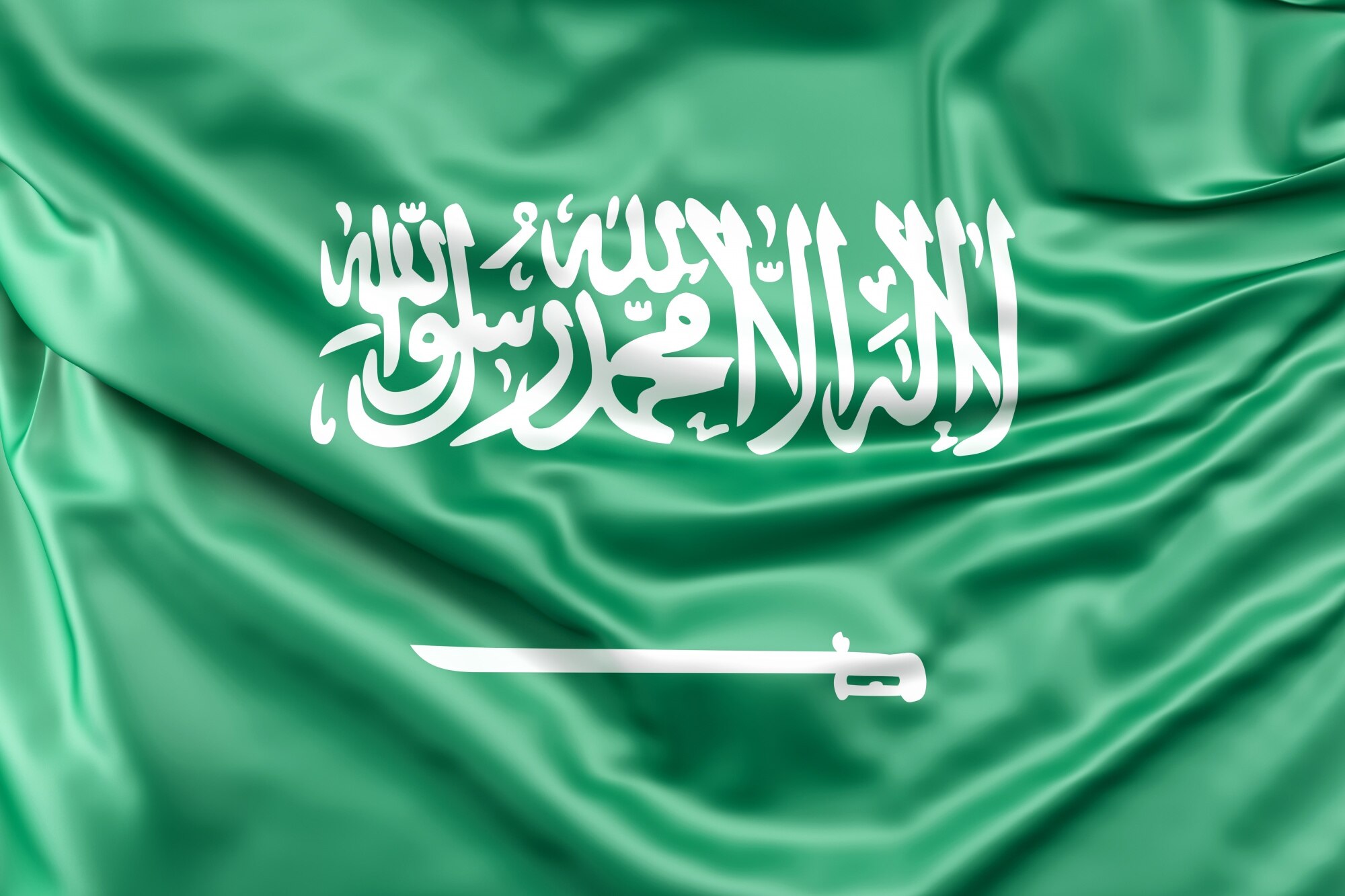
The Presence of the Arabic Language - History, Culture, and Global Influence
The Arabic language is one of the most influential languages in the world, with a rich history, deep cultural significance, and global impact. Often referred to as the "language of the Quran," it plays a crucial role in daily life and various aspects of societies worldwide. In this blog, we will explore the presence of the Arabic language in the world, how it has shaped culture and history, and its global spread.
History and Development of the Arabic Language
The Arabic language predates Islam and has a rich history dating back over a thousand years before the emergence of this religious movement. The earliest records of the Arabic language originate from the desert regions of the Arabian Peninsula, and the language evolved over centuries due to trade, travel, and cultural exchange.
However, the most significant moment in the history of the Arabic language was the arrival of Islam in the 7th century. The Quran, the holy book of Islam, was written in Arabic and became the central point for language standardization. As a result, the Arabic language became the language of religious and cultural unity for Muslims worldwide.
Culture and the Arabic Language
The Arabic language is an integral part of Arabic culture. It is reflected in many aspects of society, including literature, music, art, architecture, and everyday life. Poetry in Arabic has a long tradition, and many of the greatest poets, such as Al-Mutanabbi and Al-Khansa, wrote in this language. Music and dance are also closely associated with Arab culture, and many songs and melodies from the Arab world have become popular globally.
Global Influence of the Arabic Language
The Arabic language is spreading worldwide and has a significant global presence. There are over 400 million people who speak Arabic as their native language, with millions more learning it as a foreign language. It is an official language in 26 countries and one of the six official languages of the United Nations.
In the business world, the Arabic language plays a crucial role in trade and international relations. Countries with Arabic-speaking populations often possess vast oil and natural resources, attracting the attention of global companies and investors.
The Arabic language also wields significant influence in education and science. Many prestigious universities and research institutions offer courses in Arabic, and numerous scientists from the Arab world contribute to global scientific progress.
In conclusion, the presence of the Arabic language on the world stage is immense. With deep roots in history and culture, this language plays a crucial role in various aspects of society, both in the Middle East and worldwide. Whether viewed from a linguistic, cultural, or economic perspective, the Arabic language will continue to be a significant part of global diversity and interaction.
